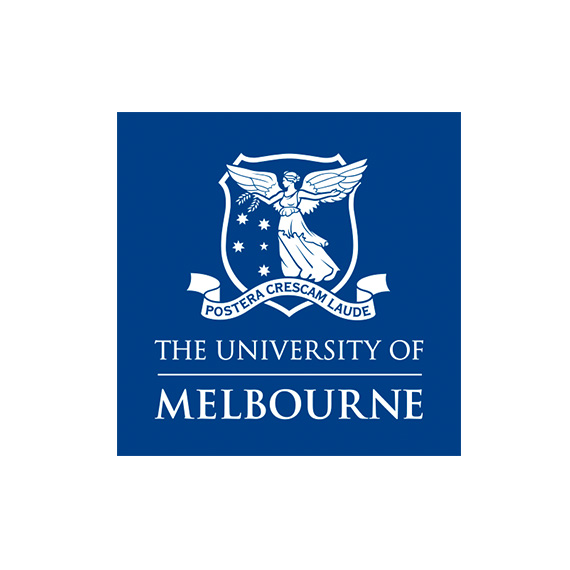
University of Melbourne
The University of Melbourne is placed number one in Australia by the Independent World Rankings and number 14 worldwide. The University's research expenditure is second only to that of the CSIRO. With over 100 research centres and institutes, the University of Melbourne brings together expertise from across the University and connects with thought leaders around the world to tackle society’s complex problems in innovative ways. For over 160 years, the University has made distinctive contributions to society and attracted the brightest students and researchers – bringing together the world's best minds to solve globally significant problems.
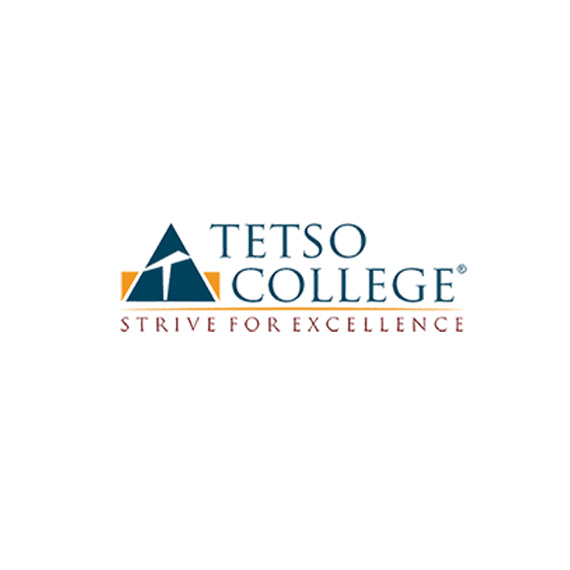
Tetso College
Tetso College is affiliated to Nagaland University (NU), accredited by NAAC (National Assessment & Accreditation Council) and recognised under 2 (f)& 12(B) of the UGC Act 1956. Tetso College is a multidisciplinary PG college offering programs from the undergraduate to the postgraduate level in professional (BBA, BCA etc), humanities and commerce streams with a student demography across India. The College was established in 1994 and is sponsored by the Council of Rengma Baptist Churches. Since its inception Tetso College has been an institution for students from all backgrounds and walks of life who are driven and committed towards learning and lifelong excellence. Tetso College has been an innovator in higher education with top-ranked academic programmes aimed at promoting a global vision through its wide network of collaborations with both foreign and domestic universities and institutions, industry, government, media houses and NGOs to further the institution’s mission and vision.
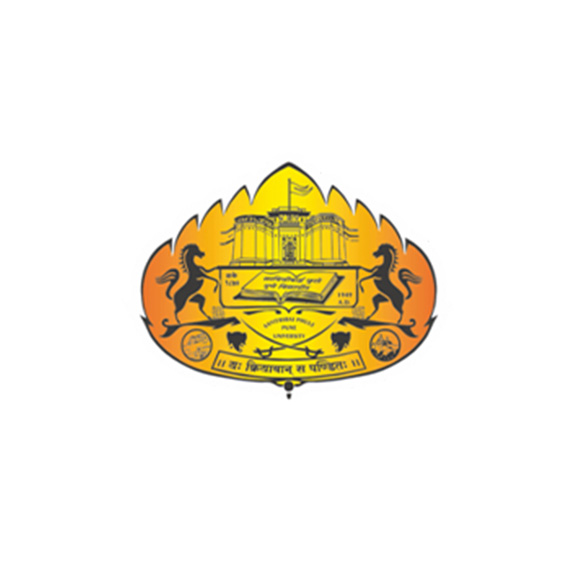
Savitribai Phule Pune University
Savitribai Phule Pune University, one of the premier universities in India, is positioned in the North-western part of Pune city. It occupies an area of about 411 acres. It was established on 10th February, 1949 under the Poona University Act. The university houses 46 academic departments. It is popularly known as the 'Oxford of the East'. It has about 307 recognized research institutes and 612 affiliated colleges offering graduate and under-graduate courses. The university attracts many foreign students due to its excellent facilities. It offers good accommodation facility. There is a provision of hostel for the students. There is a well-stocked library containing plenty of books regarding various subjects. The university offers different scholarships to the students. The university conducts seminars and conferences for the students.
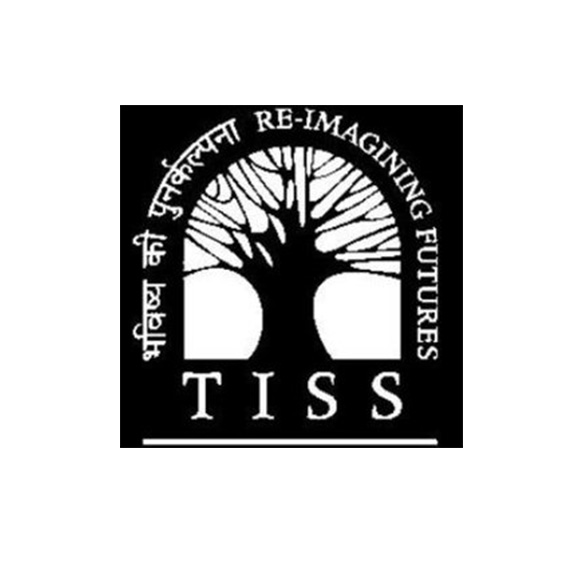
Tata Institute of Social Sciences, Guwahati Campus
The Tata Institute of Social Sciences (TISS) was established in 1936 as the Sir Dorabji Tata Graduate School of Social Work. In 1944, it was renamed as the Tata Institute of Social Sciences. TISS Guwahati has been set up at the behest of the government of Assam and the Ministry of Department of North East Region, Government of India. TISS Guwahati has been contributing to the development sector in the North East through a well-conceived Diploma Programme in Community Organisation and Development Practice since June 2009. Since its inception, the Vision of the TISS has been to be an institution of excellence in higher education that continually responds to changing social realities through the development and application of knowledge, towards creating a people-centred, ecologically sustainable and just society that promotes and protects dignity, equality, social justice and human rights for all.
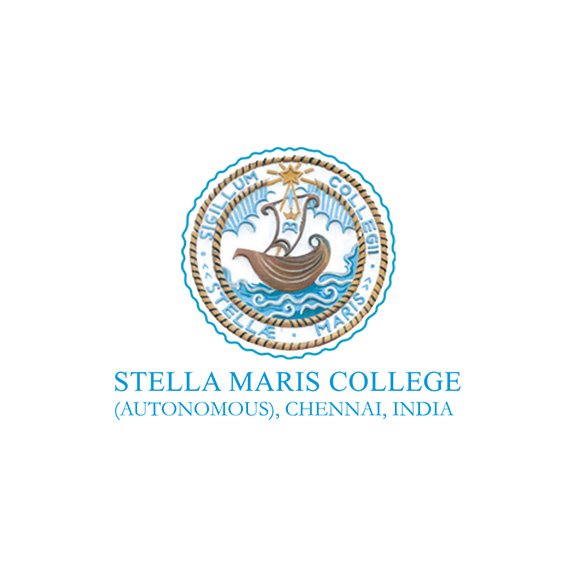
Stella Maris College (Autonomous)
Stella Maris College (Autonomous) was fortuitously founded on 15 August 1947 and has grown from its humble beginning with 32 students to nearly 6000 students across 52 programmes. The College is a Catholic minority institution established primarily to educate women and is run by the Society of the Franciscan Missionaries of Mary (FMM). The initiatives of the College arise from a sound philosophy of life based on faith in God and the contemporary reality of a pluralistic Indian society that is challenged by global ideologies and cultures.







